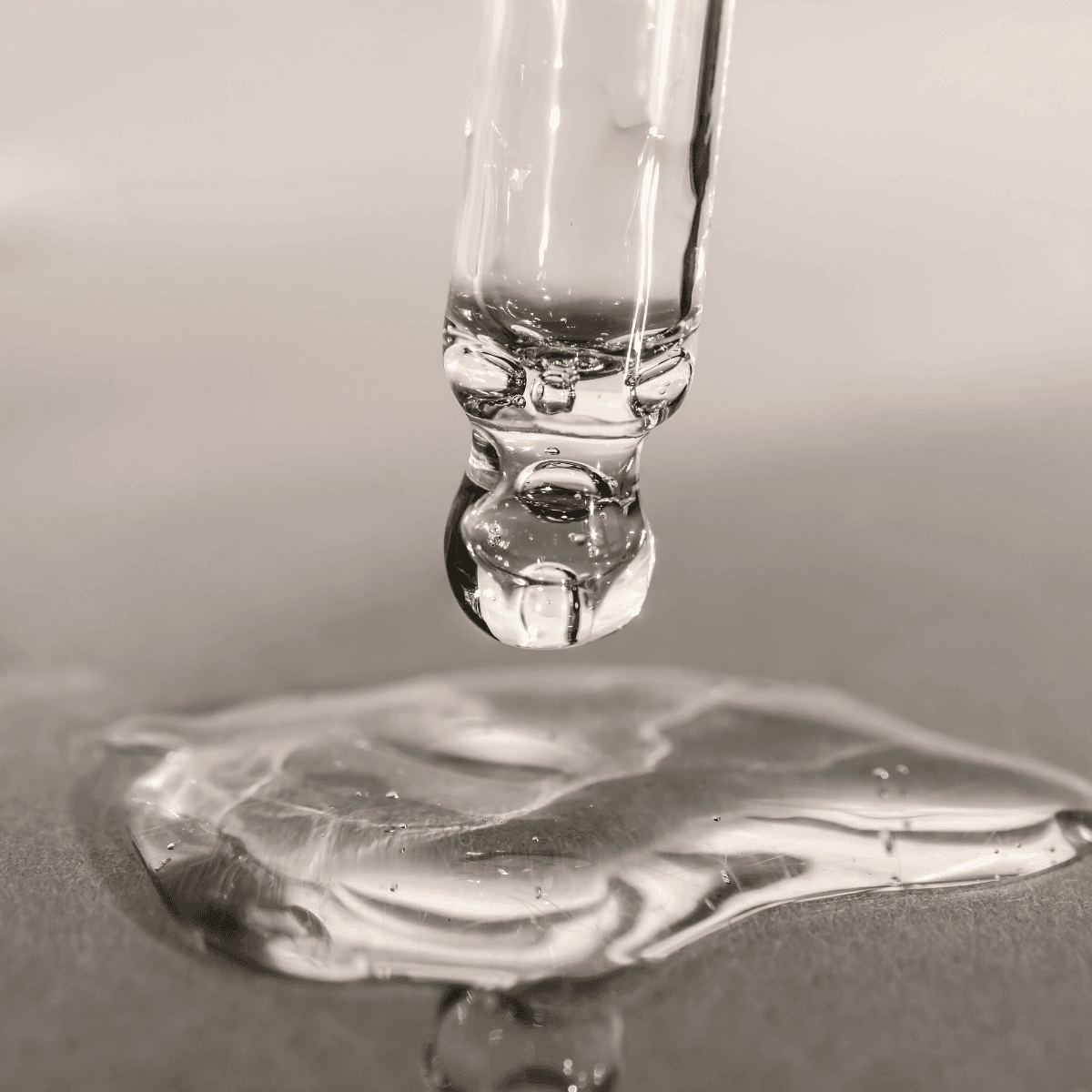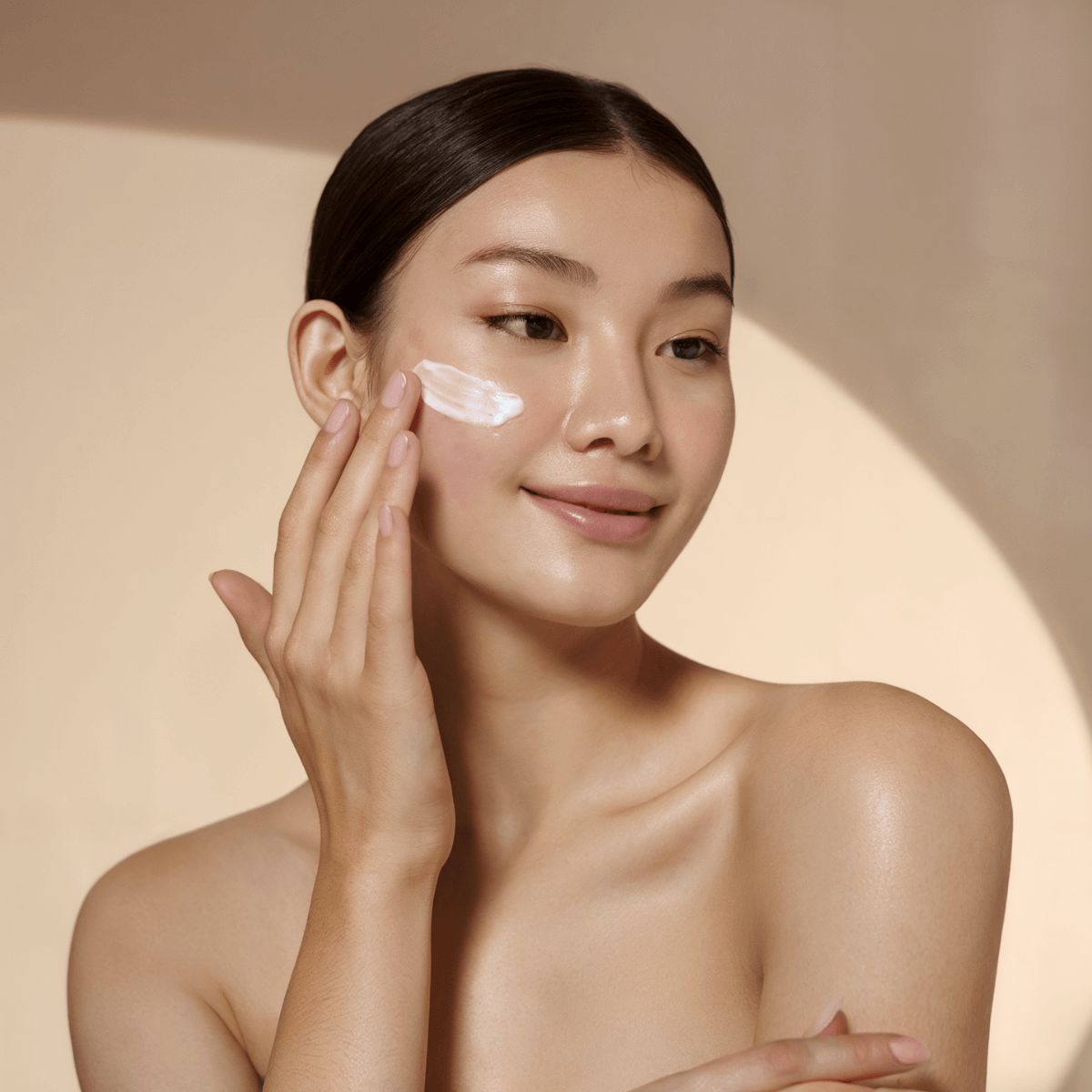Skincare can feel like decoding a science experiment sometimes, right? Every other day, a new “must-have” ingredient pops up, and now it’s peptides stealing the spotlight. But don’t let the fancy name intimidate you – peptides are actually the unsung heroes your skin has been craving. They’re like tiny messengers, telling your skin to get to work on producing collagen, staying hydrated, and looking its absolute best. Curious about how these little wonders can transform your skincare routine? Let’s break it all down, step by step.
Contents
What Are Peptides?
We’re taking off with the basics. Peptides are short chains of amino acids, and amino acids are the building blocks of proteins. Think of peptides as the tiny workers that help create and maintain the skin’s most important proteins, like collagen and elastin. These proteins are the key to plump, firm, and youthful-looking skin.
Here’s a fun fact: peptides are already naturally present in your body. They’re little communicators, sending messages to your cells to produce more collagen, repair damage, and keep your skin barrier strong. But as we age, our natural peptide production slows down (thanks, life). That’s where peptide-infused skincare comes in to save the day.

Benefits of Peptides for Your Skin
So, what can these magical molecules actually do for you? The short answer: A lot. Peptides are like multitasking overachievers, tackling multiple skin concerns at once.
- Boost Collagen Production: Say goodbye to fine lines and wrinkles! Peptides signal your skin to pump out more collagen, which helps maintain elasticity and firmness. Translation: fewer wrinkles, more bounce.
- Strengthen the Skin Barrier: Your skin barrier is like a shield that protects you from environmental damage and locks in moisture. Peptides reinforce this barrier, keeping your skin hydrated and healthy.
- Improve Skin Texture: Uneven texture? Peptides to the rescue! They help smooth out your skin, leaving it soft and silky.
- Reduce Inflammation: Got redness or irritation? Peptides are naturally soothing and can calm angry skin, making them perfect for anyone dealing with sensitivity or acne.
- Support Wound Healing: Whether it’s post-acne scars or a bit of sunburn, peptides aid in skin repair and regeneration.
- Hydration Boost: Certain peptides, like copper peptides, can enhance moisture levels, leaving your skin plump and dewy.
Peptides are like that friend who brings snacks, organizes the party, and makes sure everyone gets home safe – they do it all.
How to Incorporate Peptides into Your Skincare Routine
Adding peptides to your routine isn’t rocket science, but a little strategy goes a long way. Here’s how to get started:
Choose the Right Products
Peptides are most effective when used in serums, moisturizers, and eye creams. Serums are a great starting point because they deliver a concentrated dose directly to your skin. Look for “peptides” or specific types like “matrixyl” or “copper peptides” on the label.
Layer Like a Pro
Peptides work best when applied to clean skin. After cleansing and toning, apply your peptide serum, then layer on a moisturizer to lock in the goodness.
Pair with Complementary Ingredients
Peptides play well with others. Combine them with hydrating ingredients like hyaluronic acid or niacinamide for an extra boost.
Avoid Clashing Ingredients
Be mindful of mixing peptides with exfoliating acids (like AHA/BHA) or vitamin C. These can lower the pH of your skin, potentially reducing the effectiveness of the peptides.
Be Patient
Skincare is a marathon, not a sprint. Give peptides at least a month to work their magic. The results – smoother, firmer skin – are well worth the wait.
Who Should Avoid Peptides?
While peptides are generally safe and gentle, they’re not for everyone. If you fall into any of the categories below, proceed with caution:
- Highly Sensitive Skin: If your skin reacts to everything, always do a patch test before trying a peptide product.
- Using Strong Actives: If your routine already includes powerhouse ingredients like retinol or strong exfoliants, introduce peptides slowly to avoid overloading your skin.
- Allergies: Check the ingredient list to ensure there’s nothing you’re allergic to.
When in doubt, consult a dermatologist – they’ll help you decide if peptides are a good fit for your skin.

Are There Any Risks to Using Products with Peptides?
The good news: peptides are among the safest skincare ingredients out there. But like anything, they’re not completely risk-free.
- Mild Irritation: Some people may experience slight redness or itching when first using peptides, especially if they have sensitive skin.
- Ingredient Quality Matters: Not all peptide products are created equal. Cheap formulas might include unnecessary fillers that can irritate your skin.
To avoid issues, stick to reputable brands, read reviews, and don’t be afraid to splurge a little – it’s your skin, after all!
Are Peptides Right for You?
Still on the fence? Peptides are versatile enough to benefit almost everyone, from skincare beginners to seasoned pros. Whether you’re fighting wrinkles, dealing with dryness, or just want to give your skin some extra love, peptides are worth a shot.
Remember, no skincare ingredient is a magic bullet. Think of peptides as part of a team effort – pair them with a solid routine, a healthy diet, and plenty of water, and your skin will thank you.
Peptides might be tiny, but they pack a big punch. From smoothing wrinkles to calming irritation, they’re a game-changing addition to your skincare arsenal. Start small with a serum or moisturizer, and let your skin soak up the benefits. Who knows – peptides might just become your new skincare obsession. Because glowing, youthful skin is always in style.


